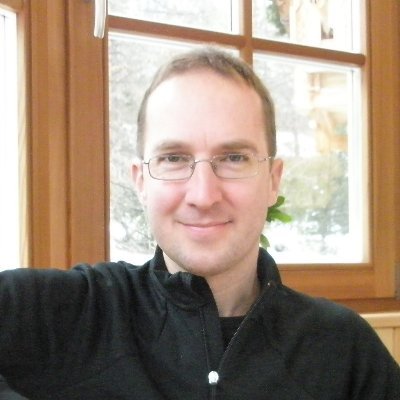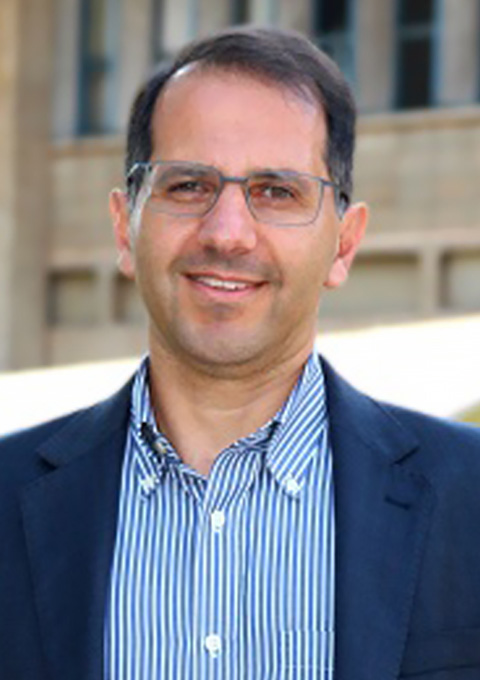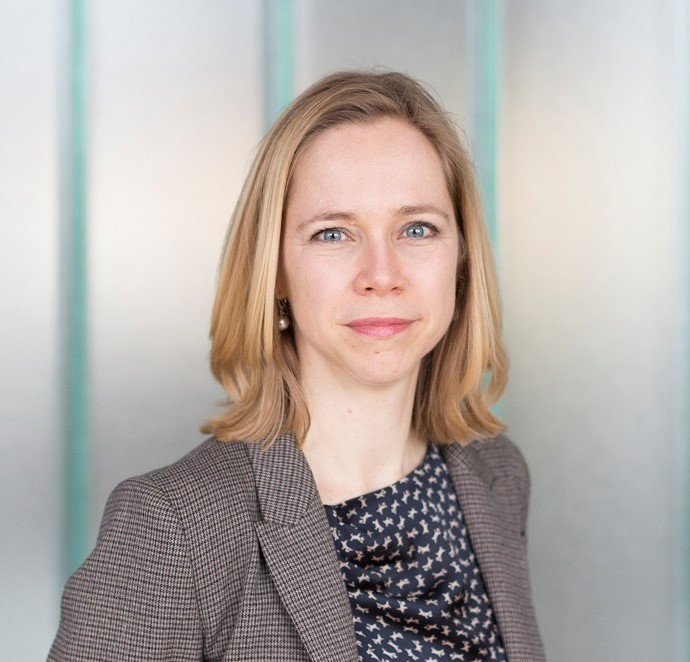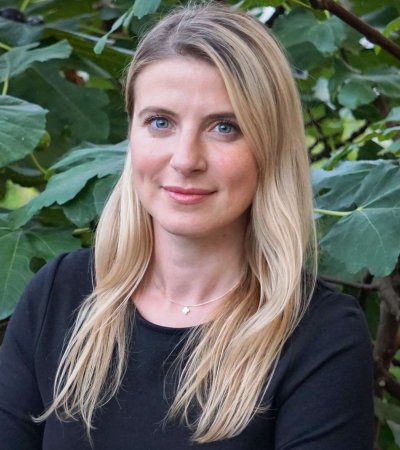GIOVANNI MILLO
 Giovanni Millo is a tenure-tracked assistant professor of University of Trieste, Trieste.
Giovanni Millo is a tenure-tracked assistant professor of University of Trieste, Trieste.
KATARZYNA KOPCZEWSKA
 Katarzyna Kopczewska associate professor at the University of Warsaw (Poland), Faculty of Economic Sciences. She is a member of the European board (EOC) of the European Regional Science Association (ERSA) and regional editor of the Regional Science Policy & Practice journal. Recently published papers in Spatial Economic Analysis, Papers in Regional Science, The Annals of Regional Science, Land Use Policy, Urban Geography, PLOS One, Economic Modelling, Scandinavian Journal of Statistics and books in Routledge and Palgrave McMillen. Her main areas of interest are geo-marketing, quantitative research on the effects of regional policy, location and co-location of companies, real estate valuation, and the quantitative method in bootstrap and Monte Carlo as a big data solution and statistics for spatial distributions.
Katarzyna Kopczewska associate professor at the University of Warsaw (Poland), Faculty of Economic Sciences. She is a member of the European board (EOC) of the European Regional Science Association (ERSA) and regional editor of the Regional Science Policy & Practice journal. Recently published papers in Spatial Economic Analysis, Papers in Regional Science, The Annals of Regional Science, Land Use Policy, Urban Geography, PLOS One, Economic Modelling, Scandinavian Journal of Statistics and books in Routledge and Palgrave McMillen. Her main areas of interest are geo-marketing, quantitative research on the effects of regional policy, location and co-location of companies, real estate valuation, and the quantitative method in bootstrap and Monte Carlo as a big data solution and statistics for spatial distributions.
EDUARDO AMARAL HADDAD
 Eduardo A. Haddad is Full Professor at the Department of Economics at the University of São Paulo, Brazil, where he directs the Regional and Urban Economics Lab (NEREUS). He is additionally a Affiliate Professor at the Faculty of Governance, Economic and Social Sciences of the Mohammed VI University. He also holds a position as Affiliate Research Professor at the Regional Economics Applications Laboratory – REAL – at the University of Illinois at Urbana-Champaign, USA. He is a Senior Fellow at the Policy Center for the New South, Rabat, Morocco. Prof. Haddad has published widely in professional journals on regional and interregional input-output analysis, computable general equilibrium modeling, and various aspects of regional economic development in developing countries; he has also contributed with chapters in international books in the fields of regional science and economic development. His research focuses on large-scale modeling of multi-regional economic systems, with special interest in modeling integration applied to transportation, climate change and spatial interaction.
Eduardo A. Haddad is Full Professor at the Department of Economics at the University of São Paulo, Brazil, where he directs the Regional and Urban Economics Lab (NEREUS). He is additionally a Affiliate Professor at the Faculty of Governance, Economic and Social Sciences of the Mohammed VI University. He also holds a position as Affiliate Research Professor at the Regional Economics Applications Laboratory – REAL – at the University of Illinois at Urbana-Champaign, USA. He is a Senior Fellow at the Policy Center for the New South, Rabat, Morocco. Prof. Haddad has published widely in professional journals on regional and interregional input-output analysis, computable general equilibrium modeling, and various aspects of regional economic development in developing countries; he has also contributed with chapters in international books in the fields of regional science and economic development. His research focuses on large-scale modeling of multi-regional economic systems, with special interest in modeling integration applied to transportation, climate change and spatial interaction.
EVELINE VAN LEEUWEN

Prof.dr.ir Eveline van Leeuwen, expert in urban economics, is Scientific Director at Amsterdam Institute for Advanced Metropolitan Solutions (AMS Institute). In addition to her role at AMS Institute, Eveline is Chair of Urban Economics at Wageningen University & Research. Furthermore, she is Vice President of the European Regional Science Association (ERSA), a member of the OECD Expert Advisory Committee on Rural Innovation and a member of the International Advisory Board (IAB) of the Amsterdam Economic Board. In various other committees she advices both national and regional policymakers. Within the fields of research and education, the topics that particularly spark her interest are the relations between city and countryside, interactions in space and time, differences between people and regions, and broad prosperity focused on themes such as circularity, energy transition and regional food systems.
MARIJA VUKOVIĆ
 Marija Vuković is an Assistant professor at the Department of Quantitative Methods within the Faculty of Economics, Business and Tourism at the University of Split. Marija's expertise spans various quantitative disciplines, with a primary focus on Statistics and its application in economic research. Her areas of specialization include multivariate analysis, structural equation modeling, and the intriguing field of behavioral economics.
Marija Vuković is an Assistant professor at the Department of Quantitative Methods within the Faculty of Economics, Business and Tourism at the University of Split. Marija's expertise spans various quantitative disciplines, with a primary focus on Statistics and its application in economic research. Her areas of specialization include multivariate analysis, structural equation modeling, and the intriguing field of behavioral economics.
ÖZGE ÖNER

Özge Öner is an Associate Professor in Spatial Economics and Real Estate at the Department of Land Economy and a Fellow in Economics and Land Economy at Sidney Sussex College at the University of Cambridge. Öner earned her PhD in Economics with a focus on Urban and Regional Economics in Jönköping, Sweden, in 2014. She completed part of her PhD studies at the Regional Economics Applications Laboratory (REAL), University of Illinois. Before Cambridge, she worked as an Assistant Professor at Jönköping International Business School and as a Researcher at the Research Institute of Industrial Economics (IFN) in Stockholm. With strong ties to Sweden, she remains affiliated to Handelns Forskninginstitut (Institute of Retail Economics) in Stockholm and Centre for Entrepreneurship and Spatial Economics (CEnSE) in Jönköping as a Research Fellow. Özge’s research deals with migration, labour mobility, micro-geography of segregation and ethnic enclaves, retail and service geography, urban amenities, the geography of entrepreneurship, and political geography.
BLANKA ŠIMUNDIĆ
 Blanka Šimundić is an associate professor at the Faculty of Economics, Business and Tourism, University of Split. Her main scientific research is in the field of tourism and economic growth, transportation and infrastructure, regional development and regional policies in Croatia and EU. She has published on perspectives of transport and tourism demand and supply, impacts of tourism on economic growth, health tourism infrastructure, regional resilience and smart specialisation. She is one of the national experts reporting to for the European Policies Research Centre on the regional policy and the assessment of instruments for the less developed areas of the Republic of Croatia. Currently she is involved as a researcher on Horizon 2020 SmartCulTour project (Smart Cultural Tourism as a Driver of Sustainable Development of European Regions).
Blanka Šimundić is an associate professor at the Faculty of Economics, Business and Tourism, University of Split. Her main scientific research is in the field of tourism and economic growth, transportation and infrastructure, regional development and regional policies in Croatia and EU. She has published on perspectives of transport and tourism demand and supply, impacts of tourism on economic growth, health tourism infrastructure, regional resilience and smart specialisation. She is one of the national experts reporting to for the European Policies Research Centre on the regional policy and the assessment of instruments for the less developed areas of the Republic of Croatia. Currently she is involved as a researcher on Horizon 2020 SmartCulTour project (Smart Cultural Tourism as a Driver of Sustainable Development of European Regions).